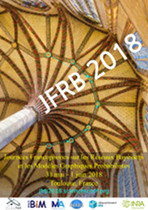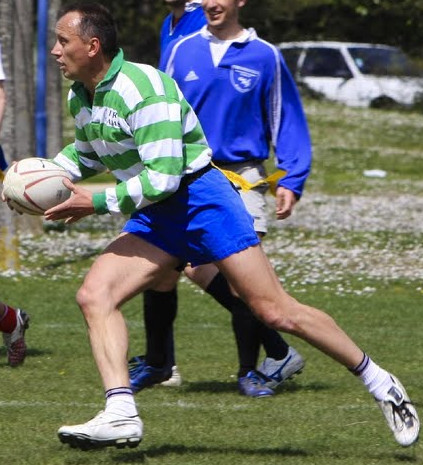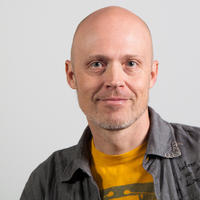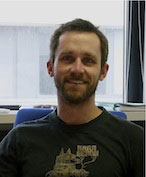|
|
|
Orateurs invitésInés Couso, University of Oviedo, Spain. Résumé : Maximum likelihood is a standard approach to estimate a probability distribution (inside a more or less large parametric family) that best fits a given dataset. However, when datasets are incomplete or contain imprecise data, a major issue is to properly define the likelihood function to be maximised. In this talk, we compare several possible reasonable generalisations of the likelihood function to this case. We consider situations where the coarsening process that transforms the true outcome into an incomplete observation can be modelled by means of a family of conditional probability distributions. We illustrate with examples how ignoring this coarsening process may produce misleading estimations. Régis Sabbadin, MIAT, INRA Toulouse, France. Résumé : In this (supposedly) didactic talk, I will introduce the framework of stochastic graphical models, which is widely used for uncertain knowledge representation and handling. This very general model encompasses most well-known finite-domain variables stochastic reasoning frameworks: (Hidden) Markov chains, Bayesian networks, Markov fields... I will introduce the classical inference problems associated to this framework (marginals computation, maximum a posteriori). Then, I will describe the basic exact (variable elimination) and approximate (loopy belief propagation) inference algorithms used to solve these problems. Tomi Silander, Naver Labs Europe, Grenoble, France. Abstract : Recent development on exact structure learning algorithms allows us to concentrate on studying the Bayesian network structure evaluation criteria. In my talk I will briefly revisit the different senses of quality of Bayesian network structures, review the status of hyper-parameter sensitivity of the recently proposed model selection criteria and discuss merits and problems of hyper-parameter free, information theoretic approaches to Bayesian network structure learning. Herwig Wendt, IRIT - ENSEEIHT, University of Toulouse, France. Résumé : The mathematical framework of multifractal analysis enables to study image texture via the fluctuations of the pointwise regularity of image intensity and has been successfully used in a large panel of applications of very different natures. Yet, despite past successes, the accurate estimation of multifractal parameters still remains a challenging task and requires the availability of images of large size. This work studies a Bayesian framework that makes use of several jointly recorded data components in multivariate images (i.e., collections of image patches, temporal or spectral sequences of images,...) to improve estimation of multifractal parameters. It relies on a statistical model for the logarithm of wavelet leaders that comprises a gamma Markov random field joint prior which acts as a regularizer and counterbalances the statistical variability induced by small image size. The model is specifically designed to lead to an efficient sampler for the estimation of multifractal parameters and yields excellent results on multivariate images with potentially many components. Recent development on exact structure learning algorithms allows us to concentrate on studying the Bayesian network structure evaluation criteria. In my talk I will will briefly revisit the different senses of quality of Bayesian network structures, review the status of hyper-parameter sensitivity of the recently proposed model selection criteria and discuss merits and problems of hyper-parameter free, information theoretic approaches to Bayesian network structure learning. |
| Personnes connectées : 1 | Flux RSS |

|





